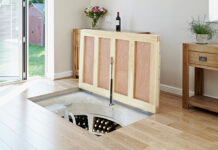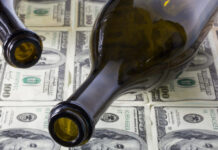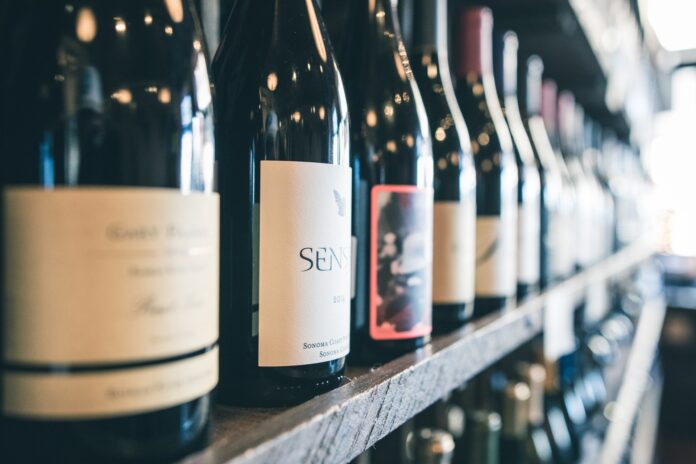
We already know: the best thing that can be done with wine once popped is to use it. But, as this is not always possible despite the long summer evenings accompanied by friends, or if you are one of those who enjoy it sip by sip and little by little, here are some basic recommendations of experts to try to keep the beverage at its best for as long as possible. Remember that your great enemies are oxygen, extreme temperature changes, and light.
Although it is always best to have a cooler like those sold at Shoppok.com, however, not all people have an extra budget to spend on a cooler so, in this article, we are going to give you some tips on how to keep wine without a cooler and maintain its taste.
The popular saying that women, like wine, improve over the years has its explanation: it has always been known for its ability to progress both over time and guard for long periods. However, this occurs only while the bottle is closed. “As soon as the cap is removed, it will begin to deteriorate due to exposure,” warns Cesar Hernandez, sommelier at Audrey’s restaurant in Calpe, with a Michelin star.
Don’t keep it open on the table
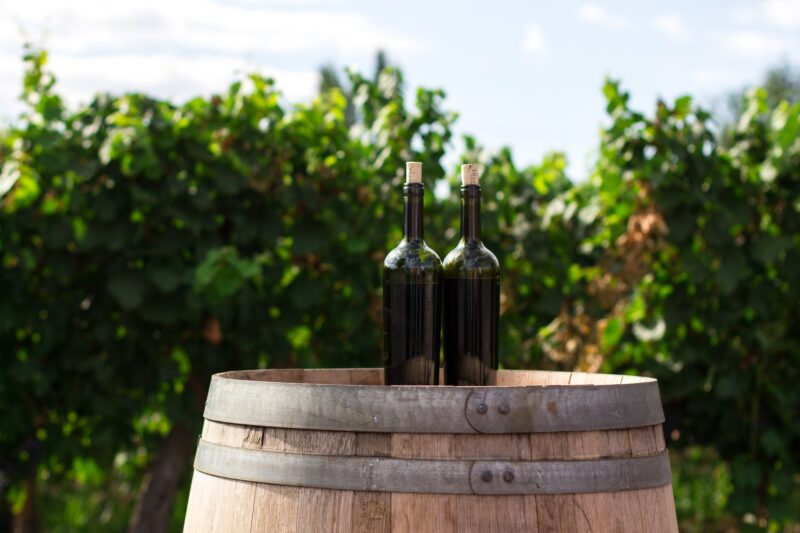
Opening the bottle is a very drastic change in the content. When the cork is removed, oxygen enters and comes into contact with the liquid. “It is a chemical reaction that is known as oxidation and that makes the drink gradually lose aroma, flavor, and quality”, says Laura Sánchez Lara, also a sommelier and journalist specializing in gastronomy. Hernandez is right: contact with oxygen, according to the expert, can transform exposed alcohol into difficult to drink by literally turning it into vinegar.
The duration of the wine in an acceptable state, once the bottle is popped, varies depending on the type of beverage and age. “Younger drinks can last longer than older ones. Tannic will last longer than lighter ones. Whites properly covered with their own cork, or a special, refrigerated stopper lasts longer than red and rosés,” explains Hernandez. The most ephemeral would be the sparkling ones, which should be drunk on the same day that the bottle is opened, Lara Sanchez advises, adding: “Reds, especially if they are aged, can be kept open for at most a week, considering that they will lose aroma, flavor, and quality over the days, while pinks and whites last four days or less.”
We can always act to slow down these times. First, the ones that know the most match, re-covering the bottle to prevent oxygen from coming in. “If we know in advance that we’re going to have plenty of drinks, we don’t have to keep it open on the table. Serve the beverage you need in a jug or decanter, cover the remainder with a cork,” recommends Sommelier Hernandez.
Wine bottle’s own cork or a special stopper
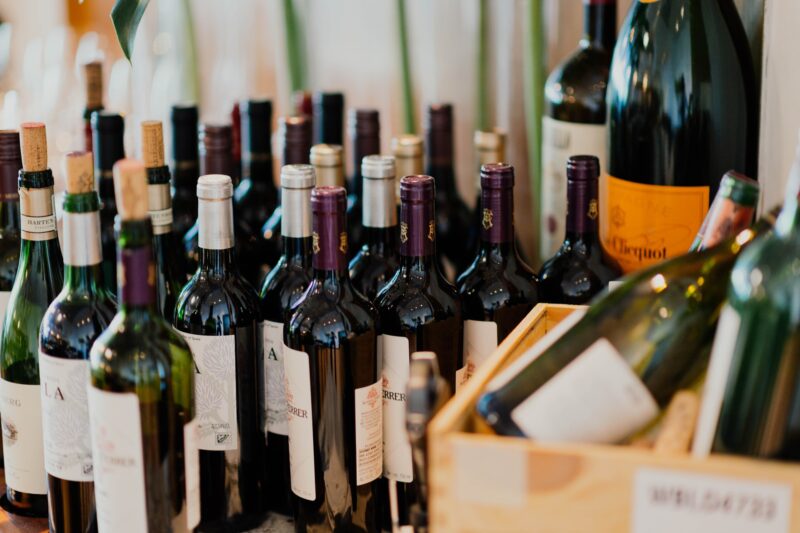
Once it is clear that we must cover the bottle immediately, they must be covered with their own cork. If it’s damaged, you can use a special stopper, making sure it’s tightly closed and no air comes in. “Wine plugs are available at very affordable prices in many beverages and specialty stores,” Hernandez argues. You can even buy corks at Shoppok.com
There are plugs that hermetically seal the container as small vacuum pumps and that really manage to extend the life of the open champagne, says the journalist, who proposes another solution, especially if there are only one or two glasses left because the less content is left in the container the higher the oxygen ratio there will be and therefore less will last: “Change it to a smaller glass that can be easily closed to minimize the amount of oxygen. The less content left in the bottle, the greater the presence of air inside.”
Fridge: Yes or no?
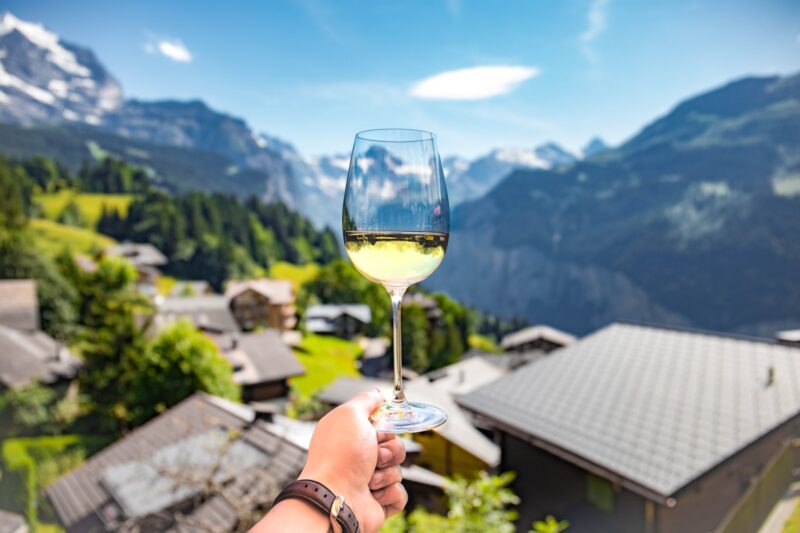
At this point, the specialists respond a resounding yes. It is preferable to keep the bottle open in the fridge because the cold will slow down its degradation, as with food, says Sánchez Lara. “Oxygenation will continue to occur, but more slowly.” Ideally, a bar keeps it at a constant temperature, “between 12 and 16 degrees Celsius”. If we do not have a refrigerator or specialty bar, it is ideal to “keep the alcohol in a dark and cool place where the ambient temperature does not exceed 22 degrees”.
Before consuming it, Hernandez encourages the champagne to be removed from the refrigerator two to three hours before. This allows the content to slowly return to room temperature. “Refrigerating the beverage can cause it to lose qualities, but it will lose many more if it is open to room temperature. We can also store the alcohol openly in a fresh and dry area of the house. In any case, the ambient temperature should not exceed 22 degrees celsius”, it coincides with S. Lara.
The light alters its properties
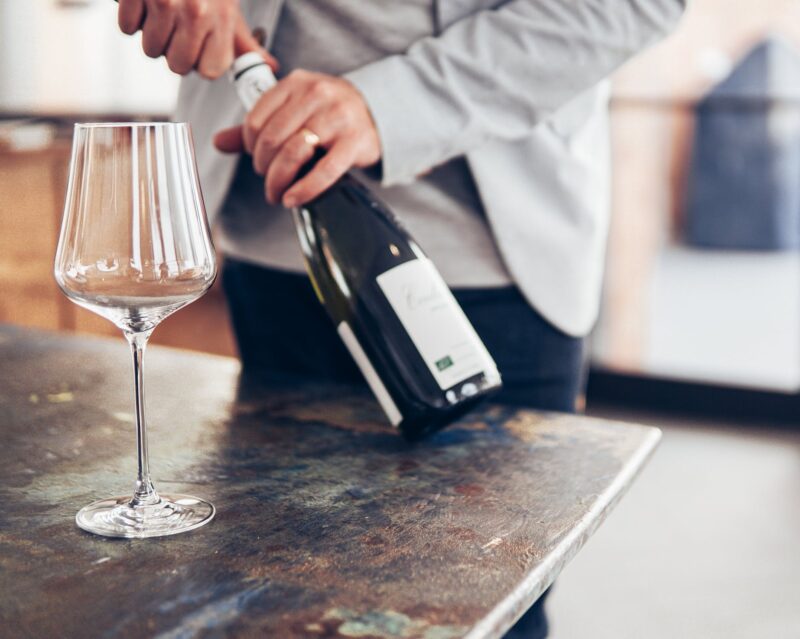
In addition to an ideal temperature, between 12 and 16 degrees, Rocío García Franco, winemaker of the WINEbie club, warns that direct sunlight to the liquid also spoils its content. So watch out to keep the wine on the terrace during the summer talk. “Even short exposure to light can negatively affect the taste of the drink,” Hernandez says.
García Franco points out the champagne that lasts the least after its opening: “One sparkling wine, that is, cava, champagne or other, is very delicate because of the carbonic it has. The teaspoon in the bottle doesn’t keep the bubbles,” he says. Therefore, this type of drink needed to be consumed immediately once opened.
Keep it always vertical
And one last note in which all the experts agree. An open and conveniently covered bottle should not be stored horizontally, as when closed, as this increases the contact surface of the air with the wine. “When the content has not yet been released the cork must remain in contact with the wine, but when it is open we will keep it standing so that the oxygen that may be inside the bottle is in contact with the minimum possible wine surface”, reflects García Franco.
Journalist Laura Sánchez Lara also comments that this way, less air will enter the bottle and be better for its conservation. Audrey’s sommelier provides one last tip, as we started the article, which is to drink it: “We can’t expect an open wine to last for weeks or months. Any open bottle of wine should always be drunk as soon as possible as a few days after opening it will spoil.”



